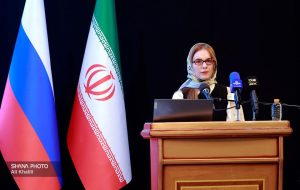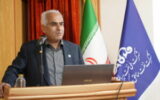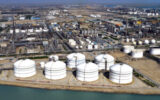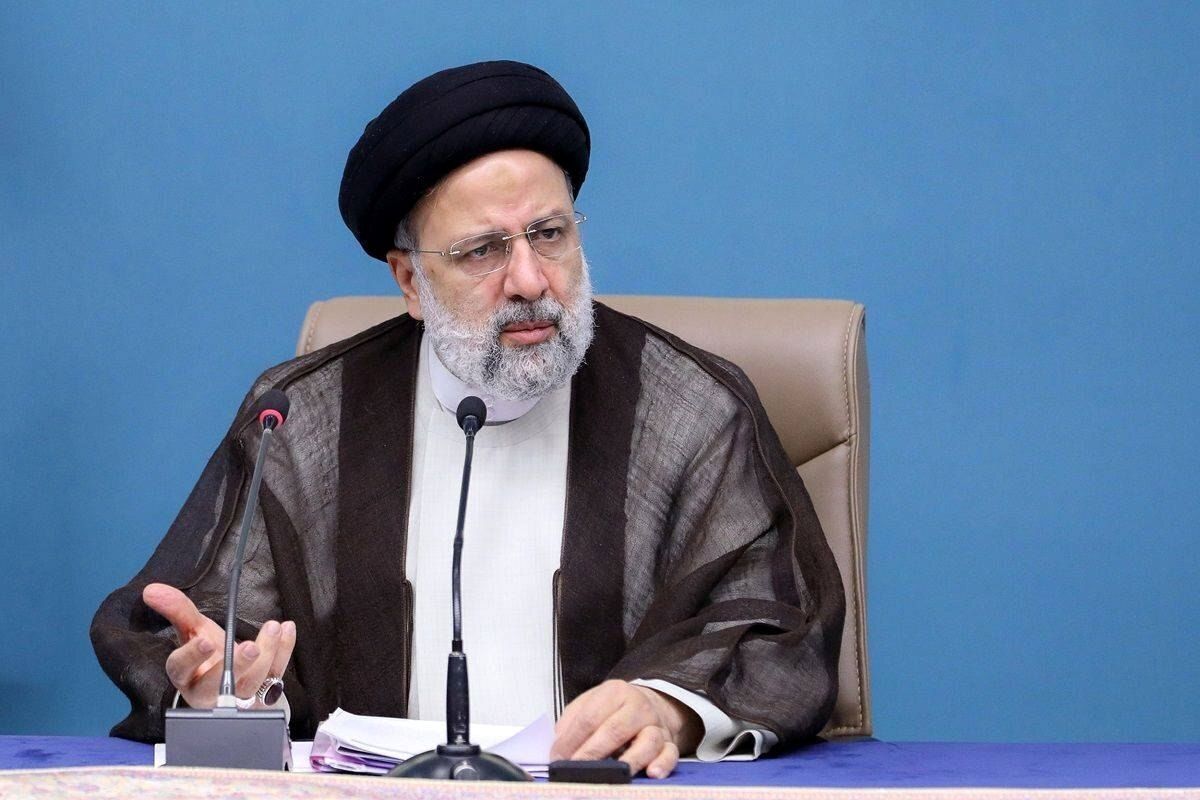
More than 2,000 items of goods exchanged between Iran and Russia; trade volume reached $4.7 billion
The Russian secretary of the Iran-Russia Joint Economic Commission announced the possibility of exchanging more than 2,000 items of goods and services between the two countries, saying: "According to the latest statistics, the volume of trade between the two countries has reached 4.7 billion dollars."

100,000 barrels increase in oil production in the oil-rich areas of the south; a big step towards the Seventh Plan
Within this framework, the southern oil-rich regions, by simultaneously focusing on maintaining production, developing fields, improving operational readiness, and increasing the resilience of facilities, were able to increase the average daily crude oil production by about 100,000 barrels in the operational scope of the Karun, Marun, Aghajari, Masjed Soliman, and Gachsaran oil and gas exploitation companies, while compensating for the natural decline in reservoirs; an increase that was the result of a series of field, technical, and managerial measures and highlights the decisive role of this company in the sustainable supply of energy to the country.

The 19th Joint Commission on Economic Cooperation between Iran and Russia is an important opportunity to deepen strategic relations between Tehran and Moscow
The Minister of Oil considered the 19th meeting of the Iran-Russia Joint Commission an important opportunity to deepen strategic relations between Tehran and Moscow and emphasized: Strengthening economic cooperation between Iran and Russia can play an effective role in enhancing the economic capabilities of the two countries and forming an order based on common interests.
آخرین اخبار

CEO of Central Regions Oil: Research and artificial intelligence are the driving force behind sustainable production in the oil industry

Refining and Distribution CEO: Technological opportunities in the refining industry are vast; the move towards data-driven management is gaining momentum

Acceleration in the implementation of refining industry quality improvement projects / Latest status of three national priority projects

One million liters of smuggled fuel discovered in Tehran and Rey

Total domestic and commercial gas consumption exceeded 3.7 billion cubic meters in a week

South Pars Second Refinery’s online monitoring system upgraded to advanced generation 3500

Oil Minister: Targeted research is a condition for maintaining Iran’s position in the global oil industry

Formation of a committee to develop organizational culture and promote professional ethics in the oil industry

Getting to know Iran’s petrochemical holdings; this part of the Persian Gulf





